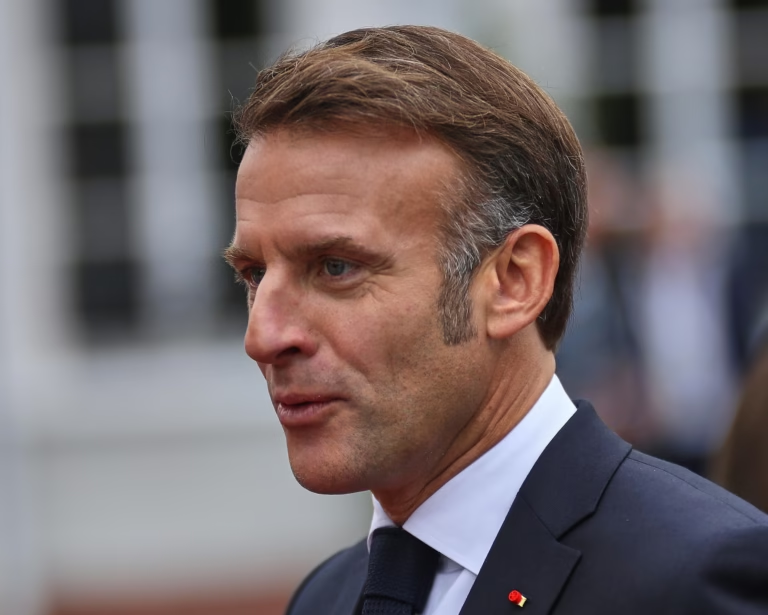French President Emmanuel Macron has appointed a new government in an effort to end the country’s political deadlock, but opposition parties say the cabinet represents unwelcome continuity. Hard-left lawmakers have vowed to file a no-confidence motion as tense budget negotiations continue.
The new cabinet was announced nearly a month after the appointment of Prime Minister Sebastien Lecornu, Macron’s seventh prime minister, who is seeking cross-party support in a deeply divided parliament. Lecornu named Roland Lescure, a close ally of the president, as finance minister. Lescure briefly spent part of his career in the Socialist party.
The nomination was widely seen as a gesture to the left ahead of critical budget talks, but France Unbowed, a hard-left party, said it would immediately submit a no-confidence motion. Lecornu, 39, will deliver a speech outlining his policy program, marking his first major test.
Budget discussions are growing increasingly tense, requiring compromises between Macron’s centrist minority, the far right, and the left. Previous prime ministers, Francois Bayrou and Michel Barnier, were removed from office over attempts to control public spending, while France’s fiscal deficit remains the largest in the eurozone.
Lecornu has expressed openness to change, acknowledging calls for a break from the policies of Macron’s past eight years. However, opponents argue the new cabinet represents continuity rather than reform. Jordan Bardella, leader of the National Rally, said the government “is all about continuity and absolutely nothing about the break with the past that the French people demand.”
Hard-left lawmaker Eric Coquerel criticized the government, calling it “a government of losers and policies rejected at the ballot box.” Macron’s appointees include former finance minister Bruno Le Maire, now named defense minister, who will help shape Europe’s security strategy amid US pressure for the EU to support Ukraine.
Several ministers retained their posts, including Jean-Noël Barrot at foreign affairs, Bruno Retailleau at interior, and Gérald Darmanin at justice. France Unbowed reiterated calls for a presidential election, which Macron has rejected.
Lecornu faces the challenge of balancing support from Socialists while preserving Macron’s pro-business legacy and keeping conservatives and liberals aligned. He has proposed a wealth tax to appeal to the left and pledged not to use special powers to pass the budget without a parliamentary vote. Socialist party officials have deemed these gestures insufficient. Pierre Jouvet, secretary general of the Socialist party, said, “Without a change in policy, the Socialists will vote against the government.”
The cabinet reshuffle comes at a time of heightened political instability in France. Macron’s latest appointments aim to secure cooperation in parliament, but opposition forces remain poised to challenge the government if they fail to deliver meaningful reforms. Analysts say Lecornu’s ability to navigate competing interests will be critical to stabilizing the French administration and advancing the budget.
The new French government underscores Macron’s attempt to maintain authority in a divided political landscape. How effectively Lecornu can secure legislative support from left, right, and centrist factions will determine whether the president can avoid another political crisis.







